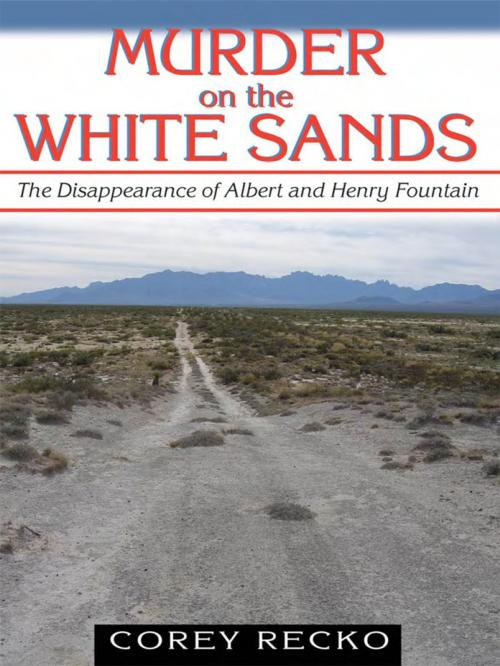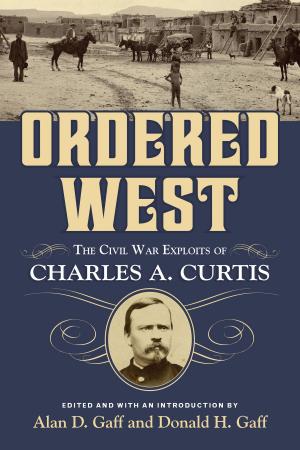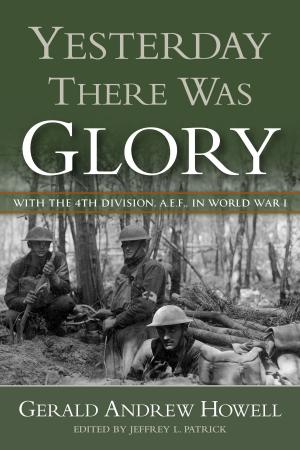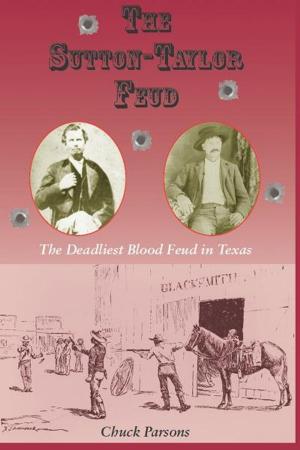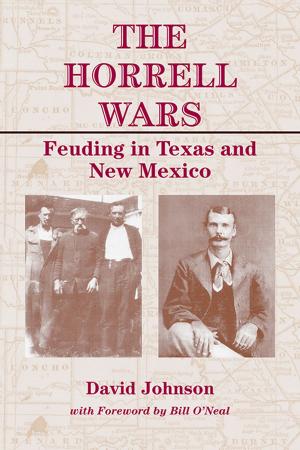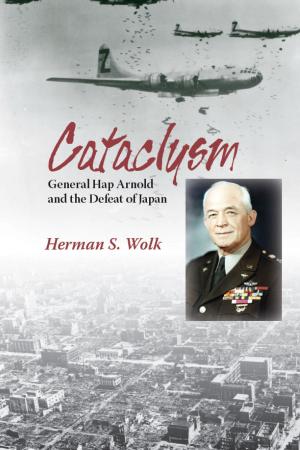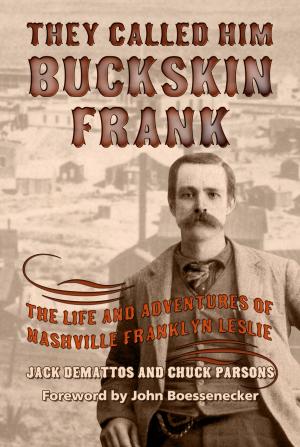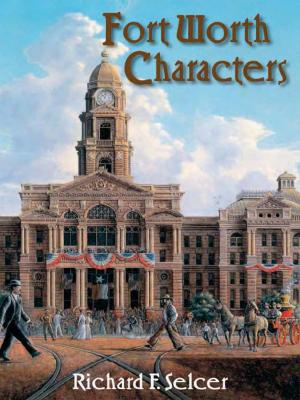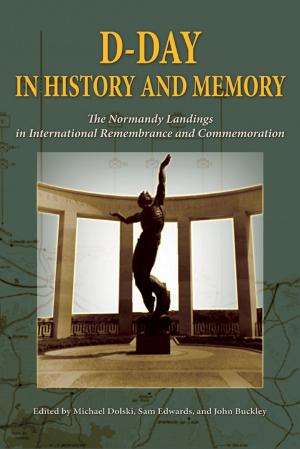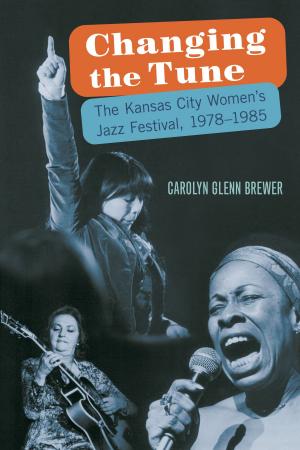Murder on the White Sands
The Disappearance of Albert and Henry Fountain
Nonfiction, Social & Cultural Studies, Social Science, Crimes & Criminals, Murder, True Crime, History, Americas, United States| Author: | Corey Recko | ISBN: | 9781574413892 |
| Publisher: | University of North Texas Press | Publication: | May 15, 2007 |
| Imprint: | Language: | English |
| Author: | Corey Recko |
| ISBN: | 9781574413892 |
| Publisher: | University of North Texas Press |
| Publication: | May 15, 2007 |
| Imprint: | |
| Language: | English |
On a cold February evening in 1896, prominent attorney Col. Albert Jennings Fountain and his eight-year-old son Henry rode home across the White Sands of New Mexico. It was a trip the father and son would not completethey both disappeared in a suspected ambush and murder at the hands of cattle thieves Fountain was prosecuting. The disappearance of Colonel Fountain and his young son resulted in outrage throughout the territory, yet another example of lawlessness that was delaying New Mexicos progress toward statehood. The sheriff, whose deputies were quickly becoming the prime suspects, did little to solve the mystery. Governor Thornton, eager for action, appointed Pat Garrett as the new sheriff, the man famous for killing Billy the Kid fifteen years earlier. Thornton also called on the Pinkerton National Detective Agency, who assigned top operative John Fraser to assist Garrett with the case. The evidence pointed at three men, former deputies William McNew, James Gililland, and Oliver Lee. These three men, however, were very close with powerful ex-judge, lawyer, and politician Albert B. Fall. It was even said by some that Fall was the mastermind behind the plot to kill Fountain. Forced to wait two years for a change in the political landscape, Garrett finally presented his evidence to the court and secured indictments against the three suspects. Garrett quickly arrested McNew, but Lee and Gililland went into hiding. Lee claimed that Garrett merely wanted to kill him with a warrant for his arrest as an excuse. When both men were tracked down at one of Lee's ranches, Lee and Gililland got the best of the sheriff's posse in the ensuing gun battle, killing one deputy and forcing Garrett and his two remaining deputies to retreat. Lee and Gililland would finally surrender months later, under the condition that they would never be in the custody of Sheriff Garrett. The trial took place in the secluded town of Hillsboro. The murders of the Fountains became an afterthought as the accused men, defended by their attorney Fall, pleaded innocence. Missing witnesses plagued the prosecution, and armed supporters of the defendants, who packed the courtroom, intimidated others. The verdict: not guilty. The bodies of Albert Fountain and his young son Henry still lie in an unmarked grave, the location of which remains a mystery. Corey Recko tells for the first time the complete story of the Fountain case and, through extensive research, reconstructs what really happened to them and who the likely killers were.
On a cold February evening in 1896, prominent attorney Col. Albert Jennings Fountain and his eight-year-old son Henry rode home across the White Sands of New Mexico. It was a trip the father and son would not completethey both disappeared in a suspected ambush and murder at the hands of cattle thieves Fountain was prosecuting. The disappearance of Colonel Fountain and his young son resulted in outrage throughout the territory, yet another example of lawlessness that was delaying New Mexicos progress toward statehood. The sheriff, whose deputies were quickly becoming the prime suspects, did little to solve the mystery. Governor Thornton, eager for action, appointed Pat Garrett as the new sheriff, the man famous for killing Billy the Kid fifteen years earlier. Thornton also called on the Pinkerton National Detective Agency, who assigned top operative John Fraser to assist Garrett with the case. The evidence pointed at three men, former deputies William McNew, James Gililland, and Oliver Lee. These three men, however, were very close with powerful ex-judge, lawyer, and politician Albert B. Fall. It was even said by some that Fall was the mastermind behind the plot to kill Fountain. Forced to wait two years for a change in the political landscape, Garrett finally presented his evidence to the court and secured indictments against the three suspects. Garrett quickly arrested McNew, but Lee and Gililland went into hiding. Lee claimed that Garrett merely wanted to kill him with a warrant for his arrest as an excuse. When both men were tracked down at one of Lee's ranches, Lee and Gililland got the best of the sheriff's posse in the ensuing gun battle, killing one deputy and forcing Garrett and his two remaining deputies to retreat. Lee and Gililland would finally surrender months later, under the condition that they would never be in the custody of Sheriff Garrett. The trial took place in the secluded town of Hillsboro. The murders of the Fountains became an afterthought as the accused men, defended by their attorney Fall, pleaded innocence. Missing witnesses plagued the prosecution, and armed supporters of the defendants, who packed the courtroom, intimidated others. The verdict: not guilty. The bodies of Albert Fountain and his young son Henry still lie in an unmarked grave, the location of which remains a mystery. Corey Recko tells for the first time the complete story of the Fountain case and, through extensive research, reconstructs what really happened to them and who the likely killers were.
